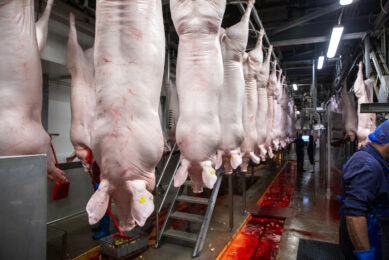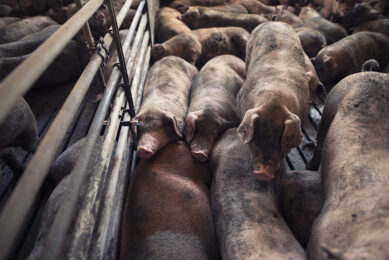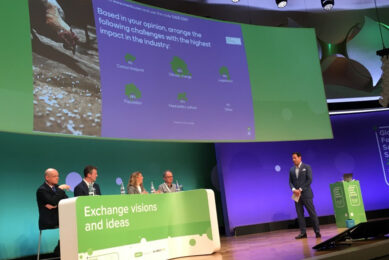US – urgency for Act to secure veterinarians
The American Veterinary Medical Association has urged the USDA to implement a programme that would help address a critical shortage in the number of veterinarians in the country.
Gregory S. Hammer, president of the Association, testified before the House Subcommittee on Livestock, Dairy, and Poultry that delaying the implementation of the National Veterinary Medical Service Act puts US food safety at risk. He said that the problems that the Act will address are worsening each and every day that the programme remains non-functional. “This has all the makings of a crisis if we don’t act now.”
The Veterinary Act
The Act, which was signed into law by President George Bush in 2003 and which received funding in Fiscal Years 2006-2008, is a loan repayment programme for veterinarians who practice in a variety of underserved areas of veterinary medicine, including food supply veterinary medicine.
With the average veterinary school graduate’s debt climbing to US$106,000, the programme is essential if more food supply veterinarians are going to be added to the workforce, Hammer said.
Recent studies indicate that the supply of veterinarians working in food safety will fall short by 4-5% annually through 2016.
Guardians of public health
“These food supply veterinarians are the guardians of our nation’s food supply, and they will be the first medical professionals to diagnose and contain diseases in animals that may spread to humans,” Hammer said.
According to USDA officials, they lack the capability to administer the loan repayment programme because “such programmes have never been the function” of the agency. They also say that the Act’s language complicates the process by not allowing them to work with the nation’s 28 colleges of veterinary medicine to coordinate the programme.
Related websites:
• American Veterinary Medical Association











